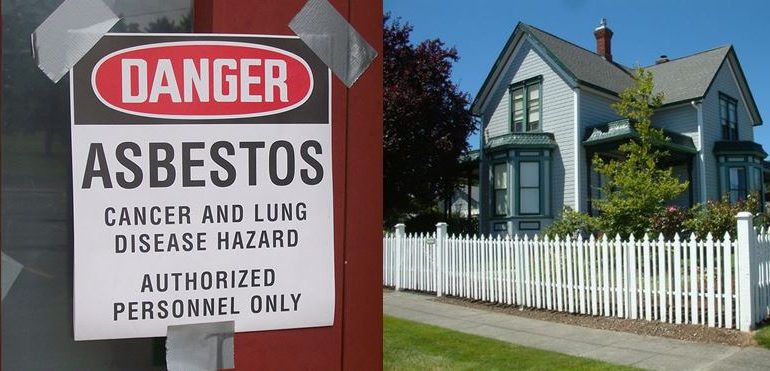Under a new Illinois case, plaintiffs cannot avoid the restrictions of a state’s workers’ compensation statute by claiming exposure to asbestos in the plant’s neighborhood ambient air caused their asbestos related disease, rather than the exposures that occurred during their long employment history. The Seventh Circuit Court of Appeals, in Janet Peck v. Owens-Illinois, No. 16-1799 (7th Cir. June 6, 2017), expressly rejected an attempt by plaintiffs and their counsel to avoid the effect of an “exclusivity provision” in the Wisconsin workers compensation statute by trying to argue that the alleged exposures occurred not at the plaintiffs’ employer’s facility, but at the homes of the plaintiffs living in the neighborhood of the facility.
In the underlying case, all of the plaintiffs (or their decedents) had been diagnosed with asbestos related mesothelioma, and were former employees at a Marshfield, Wisconsin Weyehauser plywood plant. This plant, under a license from the patent holder Owens-Illinois, Inc., manufactured fire doors that contained asbestos inserts from 1956 to 1978.
The Appellate Court expressly considered whether, through expert testimony, the plaintiff could shift actual causation as well as legal proximate causation from their multi-year employment exposures to the much more nebulous “community exposure.” In rejecting this causation theory, the Court noted that it could not “ignore the real possibility that any trier of fact might be unable to balance the defendant’s right to exclude liability or damages for occupational exposures under compensation laws against the understandable, if unduly prejudicial, sympathy that would be engendered at trial in light of the inexorable pain and death that results from this disease.”
The Seventh Circuit affirmed the Wisconsin District Court’s opinion, which expressly rejected “this novel claim of non-occupational exposure” of being “harmed by ambient asbestos during the ordinary, unimpeded use and enjoyment of their property.” The Seventh Circuit Court of Appeals held that trial court’s rejection of expert opinion testimony of this “highly dubious theory of harm could not be considered an abuse of discretion.” According to the Seventh Circuit, the dismissal of the employees’ public and private nuisance claims in civil court against their former employer would be barred or otherwise limited by the provisions in the Wisconsin’s Workers’ Compensation Statutes.
To support their theory of liability, plaintiffs’ counsel had argued for this novel theory of exposure, claiming that the decedents’ and/or the plaintiffs’ mesothelioma were not caused by their employment at the Weyerhauser plant, but from exposures to ambient asbestos while living and otherwise carrying on their personal activities a few blocks away from the Weyerhauser plant. Plaintiffs’ counsel presented expert witness testimony in support of this theory.
The District Court held that for 3 of the 6 plaintiffs, they lived too far away from the plant to even plausibly suggest this theory of exposure. As to the remaining plaintiffs, the district court admitted this testimony under Federal Rule of Evidence 702. The District Court held that for these 3 plaintiffs, a small exposure might “contribute” to contracting mesothelioma, but could not support a legal finding of proximate causation. The Seventh Circuit noted with approval the District Court’s observation that such testimony would be legally and factually prejudicial. The Seventh Circuit affirmed the district court’s finding that the plaintiffs “failed to put sufficient evidence for a reasonable jury to conclude that non-occupational asbestos exposures was a substantial contributor to their respective injuries.”
The District Court rejected the plaintiffs’ experts’ opinions on grounds of unreliability because none of the experts could state that the non-occupational exposures of the three plaintiffs who allegedly lived close to the plant significantly contributed to their mesothelioma. The Seventh Circuit noted that private and public claims therefore would not be maintainable under Wisconsin law.[1]
As a take-away for the future, premises owners should be warned that plaintiffs’ counsel may argue in other “more friendly” jurisdictions that asbestos escaping from their facility into the air could cause people (including ex-employees) in the community at large to develop asbestos related mesothelioma, especially where there are no non-bankrupt defendants left to sue.
[1] The Court also held claims against Owens-Illinois based that it licensed a patent to the employer were “frivolous”, and not recognized by any prior Court considering this issue.

